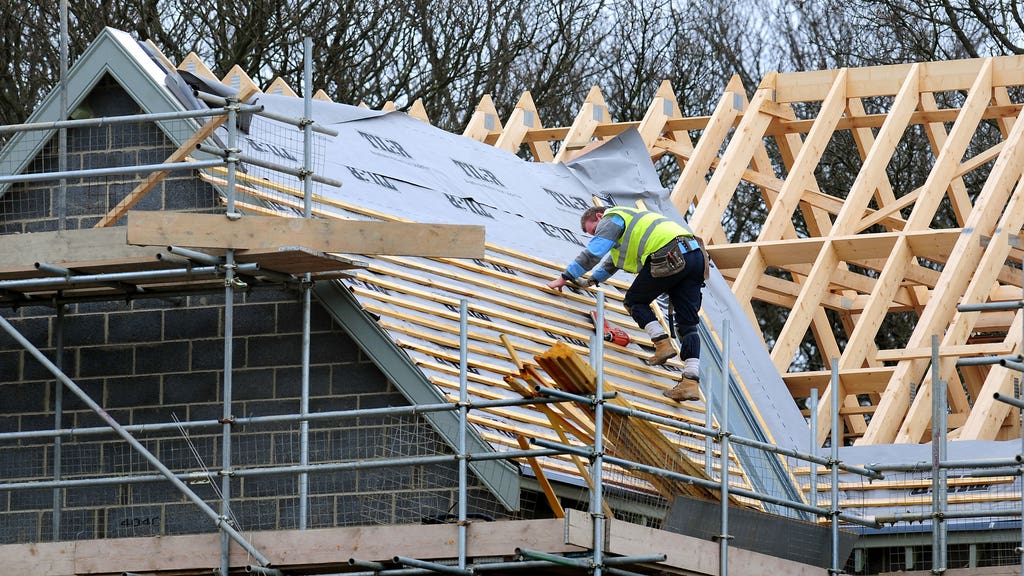
Property development has increasingly become an area of interest, presenting a viable business opportunity for those involved. According to research, the property market in the UK saw a significant boom surprisingly during the COVID-19 pandemic, as more people were working from home. If you’re in the property space and thinking of commencing a project, starting on the right foot is essential to make your venture as rewarding and hassle-free as possible. So, here are some practical tips to guide you and ensure the success of your project.
Every property development project should begin with careful planning to better understand all elements involved in making the venture successful. Thorough planning will also make it easier to complete your project on time. Who is your target market, and what solutions do you want to provide them with? How soon do you want to complete your project, and what will you need to help you achieve your goals? Asking yourself such vital questions will help make your planning process more fruitful and help you have a focused approach. From the initial concept to the last stage, you must have a documented strategy to guide you and reduce the likelihood of setbacks. It would help if you also had a contingency plan in case things do not go strictly according to what you hoped. Try and assess each possibility to properly provide alternative solutions in advance, so you’re not caught off guard.
You’ll need a solid financial plan to make your project successful and achieve your goals. That is because property development requires capital for you to do an excellent job and yield a return on investment. Therefore, you need a practical plan to fund the process from concept to completion. You can consider various sources, including a property development loan. However, this option may not always be as simple as qualifying for a loan because you must demonstrate to lenders that you have a proven track record of favourable ROIs. With this in mind, you should begin working on your portfolio and credibility to help build confidence that your investors are making the right choice by embarking on your project with you.
Additionally, remember to calculate your projected return when starting your project, keeping factors such as market risk in mind. Returns on residential development differ from commercial properties and are affected by several factors. Suppose you’re exploring a residential project. In that case, strive for a minimum of a 15% to 20% return on total development cost. If you can’t meet your target return, you should wait and seek a property that meets your profit or risk conditions.
Hiring a project manager for your property development venture will help make the process more organised and give you the professional input you need. It will also help ensure that all safety protocols are strictly observed throughout the project, as the manager can be responsible for keeping a close eye on this. Your selected manager must have experience in all aspects of property development to help make your project as seamless as possible. Your project manager must collaborate with a wide range of property development professionals, including carpenters, plumbers, planners, architects, transport assessment experts, building contractors, environmental engineers, and electrical engineers, as well as safety experts.
Location is one of the most crucial things to consider in contemporary property development. You must identify the best area to carry out your project so that it would appeal to your target market. Doing this involves a lot of research to help you make informed decisions. It will be detrimental to your property development venture if you, for instance, decide to construct a residential home in a commercial district. However, if you’ve identified an area as a business hotspot, you can consider investing in commercial property to attract new companies. Remember, you can also use aerial photography to your advantage, when seeking locations.
While your goal may be to sell the property when it’s complete, why not consider other options, such as rent, when evaluating the practicality of your project? When interest rates rise, fewer buyers exist, but more people may want to rent and hire. Therefore, developing properties that you can either sell or rent will come in handy and give you more room for flexibility in case your target market is more open to renting instead of selling. It will also allow you to reach a broader market as you provide both options for selling and renting. So, look for a suitable area that makes selling and renting easier.
Being on the wrong side of the law is a typical error first-time property developers make. Suppose you want to complete a successful property development project from start to finish. In that case, ensure you acquire all the necessary permits and certifications. This way, the authorities won’t have to halt your project when you’re halfway through it. Getting legal assistance will provide you with all the guidance you need to comply with all laws and regulations in your jurisdiction.